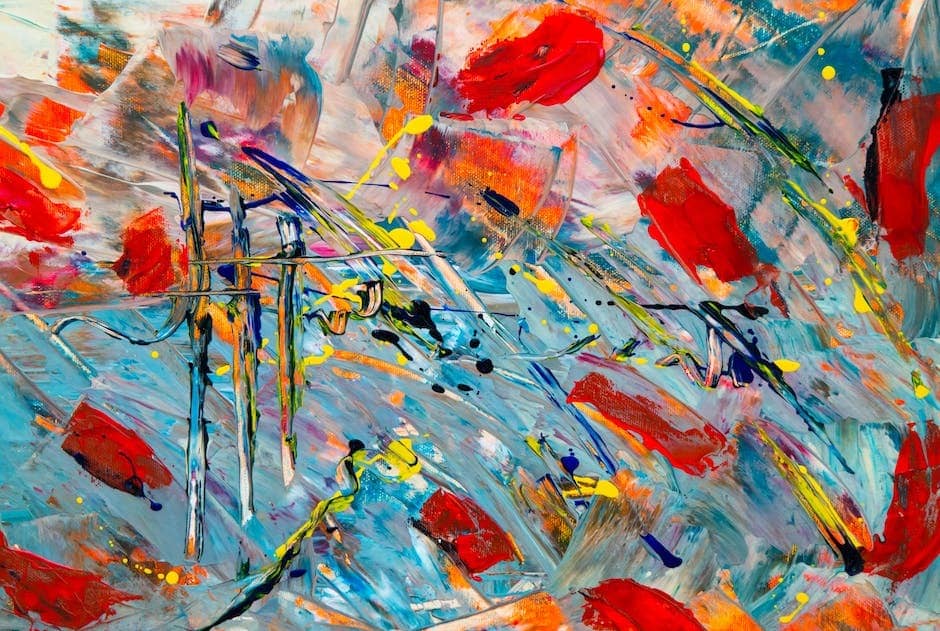Drug and alcohol addiction can be an isolating experience. In a world that often treats addiction as a moral failure, it’s easy to feel alone in your struggles. Fortunately, there are many forms of therapy available to help you recover from substance abuse. Expressive arts therapy is one such treatment option.
You may be surprised that expressive arts therapy is not just for artists. Expressive art therapy uses various creative outlets like painting, drawing, or sculpting to explore emotions and memories that might otherwise remain hidden. The benefits of expressive art therapy include increased self-awareness and understanding of triggers. It also can foster an improved mood, decreased anxiety, better sleep quality, lowered stress levels, and so much more.
Exercising Creativity Can Help the Healing Process
A creative process is one of the most self-reflective activities there is. In art therapy, you have an opportunity to express yourself in a way that you might not be able to do otherwise. You can explore your emotions and memories in a safe environment without judgment or fear of judgment. That is why this type of expression can often be helpful during recovery from addiction.
Expressive Art Therapy Can Be a Way to Examine Emotions and Memories
The reason expressive art therapy can be so helpful in addiction recovery is that it is a way to examine and make sense of emotions. When you are feeling something, it’s important that you pay attention to that feeling and its effects. Art provides a safe space for you to explore your emotions and memories without judging yourself or others. You can make art collages or paintings as a way to express your emotions, process them, and release them.
Art Therapy Is a Great Way to Explore Triggers and Cravings
Art therapy is also a way of exploring triggers and cravings. If your addiction was triggered by something specific, like an emotionally stressful event or sequence of events, practicing creativity can help you handle that trigger better when it arises again.
This therapy is so tactile and hands-on that it can help you explore your emotions and memories in a way that talking about them might not accomplish. You might work through the emotions related to your addiction, such as shame or guilt, by creating artwork that represents those feelings. Art therapy also allows you to use your imagination in ways that are different from how we use our imaginations when we are sober. This can help you express yourself more freely than you might otherwise feel comfortable doing.
Art therapy can also be very helpful for working through fears of relapse. Post-treatment, it’s important for you to be aware of what causes you stress or makes you want to use alcohol or drugs again. Sometimes those triggers aren’t apparent until you experience them again. Art therapy allows you to see what kinds of things trigger you. You’ll develop insight into what makes you act out when you’re feeling vulnerable or overwhelmed by negative emotions like anger or sadness.
Expressive Art Therapy Provides and Outlet and Boosts Confidence
You might be surprised how much your artwork reveals about your emotional state and triggers. The process of making a piece of art can help you explore difficult emotions and experiences. An art therapist may guide you through this process by asking questions about what went into your work and why.
In addition to helping with recovery from addiction, expressive arts therapy can also benefit those with other types of mental health issues, such as anxiety disorders or post-traumatic stress disorder (PTSD). The creative process provides an outlet for people who feel overwhelmed by their emotions and struggles. It gives them a way to express themselves without speaking out loud. As another bonus, they don’t have to worry about upsetting other people or being judged negatively if what comes out isn’t “normal.”
Using Expressive Art Therapy During Recovery Benefits Both the Mind and Body
When you’re in the midst of recovery, it’s important to be able to express your feelings and emotions. Expressive arts therapy can help you do that. Through this form of therapy, you’ll be able to explore different ways of expressing yourself through art, music, and writing. This can help you get in touch with your inner thoughts by using imagery or symbols that represent what’s going on inside your head and heart.
This therapy is also useful for coping with triggers and cravings. Many times when people are struggling with addiction, they have memories associated with their substance abuse that make them feel uncomfortable or anxious. By exploring these memories through art or music, people may find a new way of thinking about them so they’re not as stressed anymore. They may even learn how best to deal with these memories without turning toward alcohol or drugs as an outlet for their pain.
Additionally, expressing yourself through creative outlets, such as playwriting, could be another helpful tool during recovery. When you write down your feelings, it helps bring those emotions into focus instead of keeping them bottled up inside until they explode or lead to relapse later on. Lastly, creating artwork gives you something tangible that makes progress visible.
If you or someone you love is struggling with addiction, it’s important to reach out and get help. The sooner you start the recovery process, the easier it will be. Expressive art therapy can be a great resource for anyone seeking healing from an addiction. Whether it’s finding a way to manage stressors in everyday life or confronting triggers and cravings, creative expression helps. If you are curious whether expressive art therapy could be a helpful tool in your treatment program, give us a call for more information. We would be more than happy to help you decide whether this treatment can aid in your healing process. Call Villa Oasis San Diego at (619) 373-9792.




